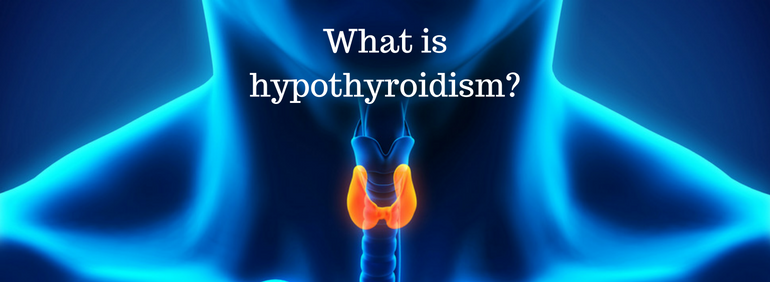Hypothyroidism is a common condition throughout the country. It causes the body to not produce sufficient levels of a hormone in the thyroid causing some people a slower metabolism among other symptoms. If you believe you might be suffering from this challenging issue, or you just want to know more about the condition and its impact, we will highlight the symptoms and the primary causes behind hypothyroidism.
Who is at the Greatest Risk of Hypothyroidism?
Hypothyroidism is a condition that currently impacts 10 million Americans. As much as 10% of all women have some form of hypothyroidism and may not have a clear understanding of the issue. Your risk for hypothyroidism is increased if:
- You have a family history of the condition
- You have been treated with radioactive iodine
- You have been exposed to radiation in the neck and upper chest area
- You have type-1 diabetes, rheumatoid arthritis, or any other autoimmune condition
What Causes Hypothyroidism?
One of the most common causes of hypothyroidism is a condition called Hashimoto’s thyroiditis. This autoimmune disorder is a form of thyroid inflammation that is caused by the person’s immune system. Further potential causes of hypothyroidism include:
- Pituitary issues
- The consumption of medications such as lithium, Interferon-alpha, and Amiodarone
- Genetic defects
- Abnormal thyroid growths
What are the Most Common Symptoms?
In order to determine whether you have hypothyroidism and should see a doctor to address the issue, it’s important to understand the symptoms of the condition. The following are common symptoms experienced by those with hypothyroidism:
- Skin dryness
- Anxiety
- Fatigue
- Muscle weakness
- Hair loss
- Weight gain
If you are experiencing one or more of these issues, it’s important to speak with a medical specialist to undergo tests for hypothyroidism.
What are the Treatment Options for Hypothyroidism?
While hypothyroidism can have a number of damaging effects on the human body, it’s important to understand that there are treatment options available for those suffering from the condition. The latest treatment options include using slow release formulations of T3 or T4 to help patients achieve optimal thyroid status. There are also many natural supplements patients can take to promote the health of the thyroid gland.
Now that you have more information on the factors related to the progression of hypothyroidism and the impact the condition can have on your body, it’s important to speak with specialists to address the issue directly. Our trusted team has years of experience helping patients manage the symptoms of hypothyroidism, and we’re available now to answer your questions and guide you through the treatment process.

